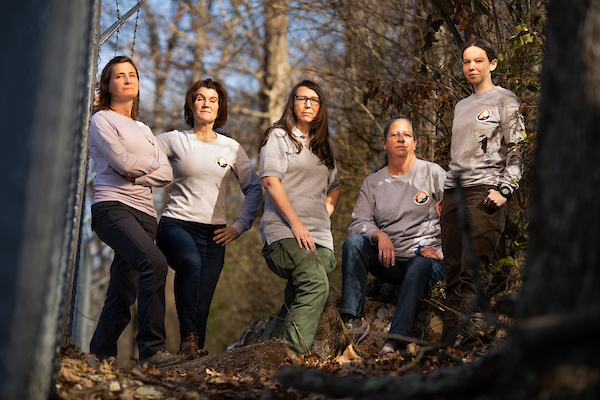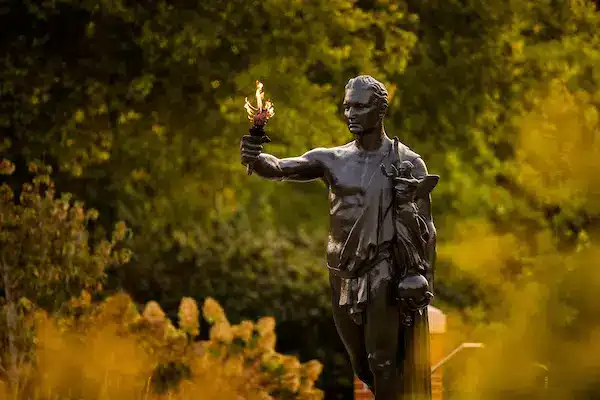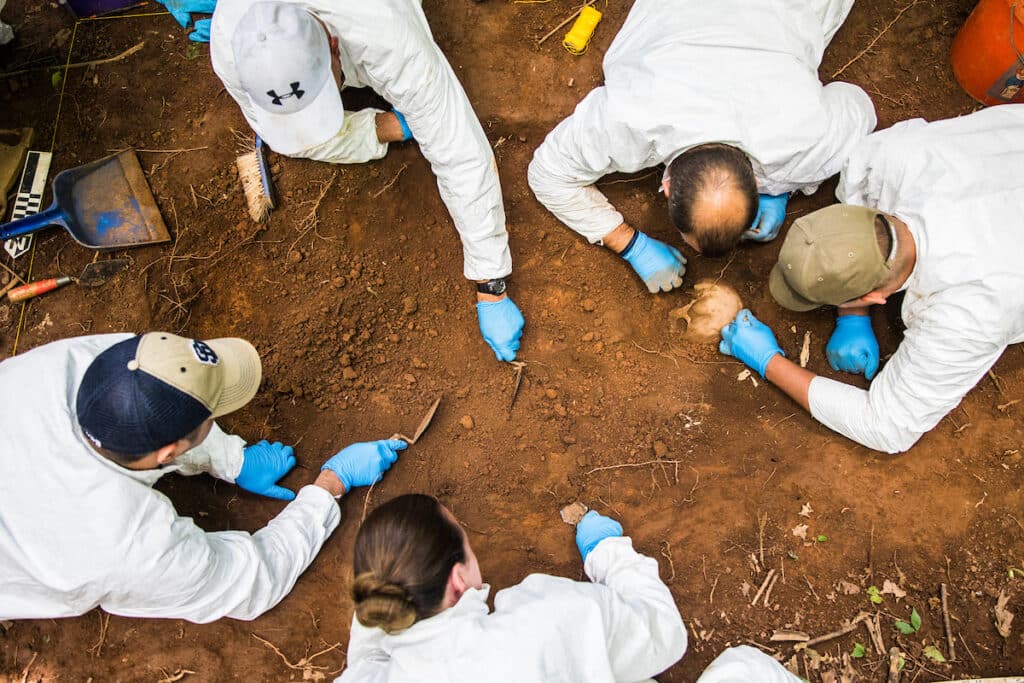
Forensic Anthropology Center
We provide research, training, and service with compassion.


Professor William M. Bass established the Forensic Anthropology Center in 1987. Beginning with a modest spot of land for the Anthropology Research Facility, also known as the Body Farm, the Forensic Anthropology Center has grown into a leading institution for forensic anthropology research and training. Our resources and facilities include the Anthropology Research Facility (commonly known as the Body Farm), a dynamic body donation program, the UTK Donated Skeletal Collection, Professional Training Courses and the William M. Bass Forensic Anthropology Building. These resources are available to students, researchers, and law enforcement agencies.
NOTE: We do not provide tours of the Body Farm.
The purpose of the Forensic Anthropology Center is to provide research, training and service with compassion. The Body Donation Program is the heart and soul of the Forensic Anthropology Center, and we ensure that all of the families and donors are treated with the utmost respect and compassion. The donation program enables individuals to contribute to science in a direct and meaningful way.
Each donor is of tremendous scientific value and we are grateful to our donors and their families.
Our Work

News

Body Donation



